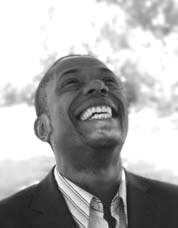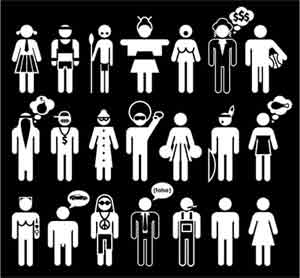
In this episode we are going to have a look at adult education. Anne and I were lucky enough to be invited to the Volkshochschule Rhein-Sieg by Alexandra Haas. We took part in a very stimulating workshop day for trainers inspired by Alexandra’s previous project “Teaching Culture!”.
absolutely learner-oriented:
Mechthild Tillmann, director of the Volkshochschule Rhein-Sieg, reports on 24 different work-shops in which teachers shared ideas about marketing, suggestopedia, podcasting in the classroom and other subjects related to their teaching. Following the idea of “teaching culture” and the “culture of teaching” the institution invited their own teachers to turn into learners and improve their methods.
absolutely bossanovarized:
We listen to Mauricio Virgens from Brazil and Andres Villamil from Columbia, two South American musicians who played music for us, and “bossanovarized” our busy lives a little. Mauricio speaks about his mission as a cultural ambassador for his native country Brazil and tells us how he keeps up his cultural identity through music. Of course, we also get to enjoy a bit of their music.
absolutely enjoyable:
Katrin, one of the new staff at the Volkshochschule Rhein-Sieg, tells us how previous learning experiences of the participants can a be challenge for the teachers. She has noticed that learners seem to expect the same “learning culture” which they got used to when they were learners for the first time – years ago. However, one aspect seems to be important to all learners – that they learn faster if they are having fun.
absolutely gendered:
Evi and Linda both work in adult education and explain to us how adult education creates its own culture. We also hear about their perspectives on gender issues and that adult education, just like health services, appears to attract women with a strong impulse to help.
The next show will be coming to you on 17 October from Anne Fox in Denmark.
Und bleiben Sie schön interkulturell!
The host of this show is: Dr. Laurent Borgmann
Assistant Editor: Jan Warnecke



